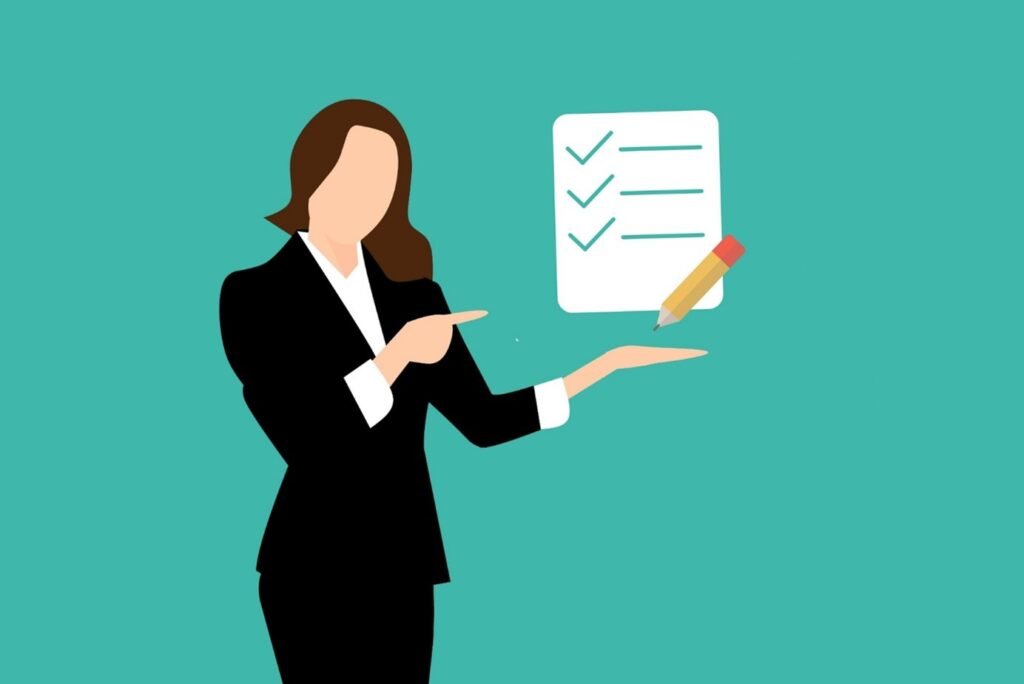Self-Assessment Thresholds Change For PAYE Workers
The threshold for people taxed through PAYE who are required to file a self-assessment return has increased from £100,000 to £150,000. Those affected should be contacted by HMRC if they need to change anything. That said, there have been times in the past where HMRC hasn’t always been spot on with its own paperwork, so you would be wise to keep on top of this yourself if you think this could be an issue for you.
The threshold rises for this tax year, 2023/24, so those filing returns for 2022/23 will still have to file self-assessments if they earn £100,000 or more. If they have income between £100,000 and £150,000 that is taxed through PAYE in their 2022/23 return, HMRC will send a Self-Assessment exit letter. Then those earning above £150,000 through PAYE would need to continue filing self-assessment returns until their position changes. The exception to this would be if those earning below the £150,000 mark meet any of the other criteria which would require them – or would benefit them – to file a self-assessment return.
Why Would You Still File A Return For Income Below £150k?
If your income is taxed under PAYE for the 2023/24 tax year, and is below £150,000, then you would not need to file a self-assessment return, unless you are also:
- In receipt of any other untaxed income.
- A partner in a business partnership.
- Have a tax liability to the High-Income Child Benefit Charge.
- Or you are a self-employed individual and with gross income of over £1,000.
You can also find out online via Gov.uk if there are any other circumstances under which you would need to send a Self Assessment tax return.
What If I Need To Reclaim Some Allowances?
Self-assessment isn’t all about paying tax. If you have some items you need to reclaim tax relief on, then filing a self-assessment return would be the way to do this. There is no reason for you to pay tax unnecessarily, so make ensure you’re claiming any income tax reliefs due.
These could include items you need to buy out of your own pocket to do your PAYE job that are not reimbursed via expenses, such as membership of professional associations, courses that provide continuing professional development, work uniforms that aren’t supplied by your employer, or textbooks you need for your work. You may also need to pay for professional indemnity insurance to cover your work.
Is There Anything Else I Would Need To Claim For?
If you are a 40% or 45% taxpayer, then any pension contributions you make may only be given tax relief at source of 20% – the basic rate of tax. It will depend on the scheme you are paying into, but many people will need to reclaim the additional 20-25% tax relief due on your pension contributions if your marginal rate of tax is higher than the basic rate.
You can also reclaim additional tax relief on charity contributions, maintenance payments and for any time you have spent working on a ship.
There are various rules to comply with to get maintenance payments relief, but the main one is that you or the person you are paying maintenance payments to must be born before April 6, 1935. So, there are likely to be fewer of these people qualifying as each year passes.
If you think there are any payments you should be able to get tax relief on, then speak to HMRC directly or to your accountant who will help you navigate the self-assessment maze.
We Can Help You
If you need help to determine whether you should file a self-assessment return to pay additional tax owing or to reclaim tax relief, then please get in touch with us and we can help you understand what you need to do.









